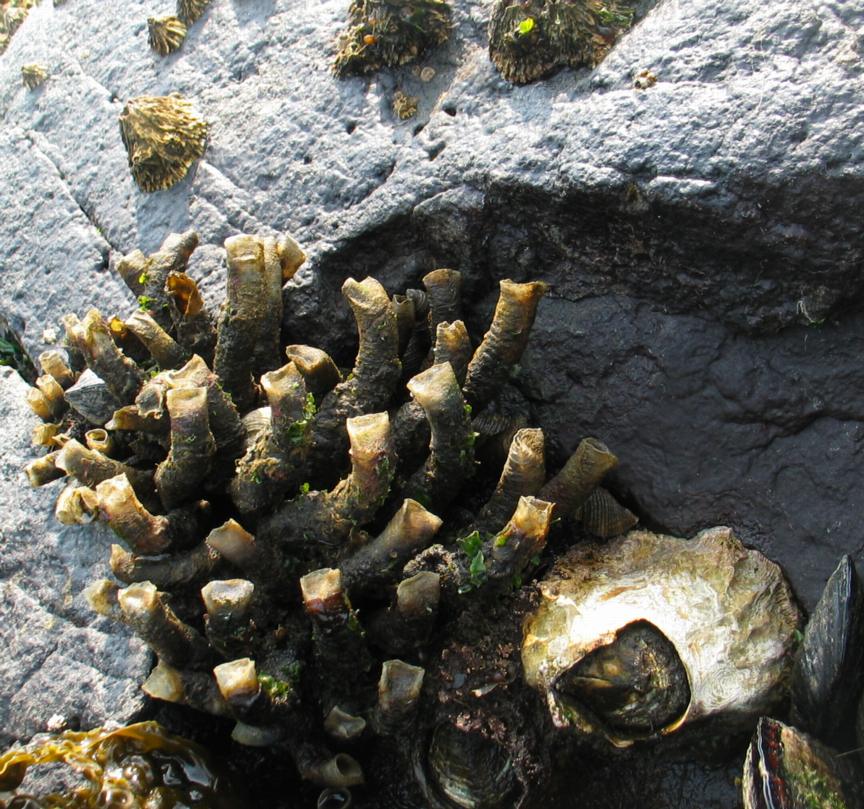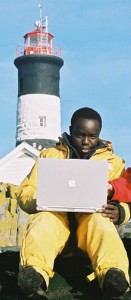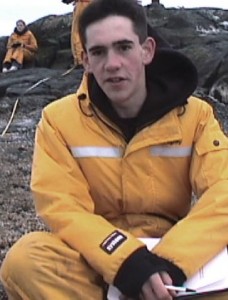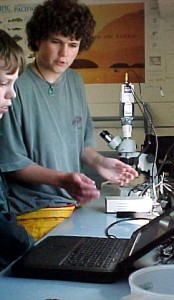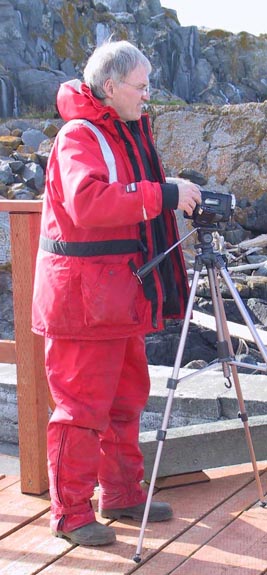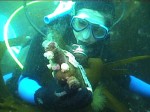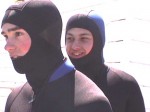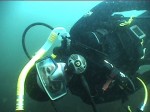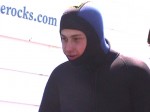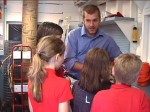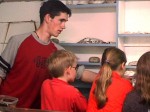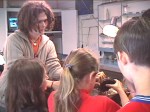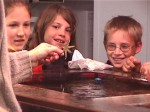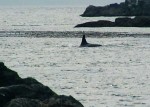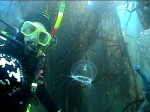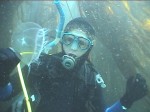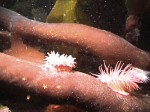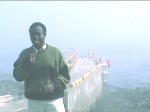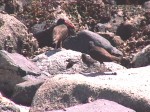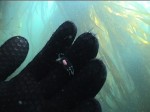Good Morning WEATHER: Sky Cloudy Vis. 12 Miles Wind West 11 Knots Rippled
Good Evening
TEMPERATURE: Max. 13.0 C Min. 8.1 C Reset 10.0
MARINE LIFE: Another beautiful day here, with quite a lot of marine activity. The Glaucous Winged Gulls are actively mating and nesting, being very defensive of their nests. Crows are harassing the Gulls, Oystercatchers and and Pigeon Guillemots, in search of an unattended nest and egg. One of the pairs of Canadian Geese on the Island are nursing their five young Goslings, despite the Goslings rapidly increasing size the Geese continue to be very protective of their youngsters. Divers spotted some large Ling Cod** around the docks, along with a healthy stock of smaller fish.
HUMAN INTERACTION: A lot of fishing activity around the reserve today, around 10 to 12 vesels on the reserve boarder actively fishing. Problems with both vessels motoring too quickly through the reserve and fishermen disregarding the reserve limitations and fishing around West Race rocks. Four eco-tourism vessels moved through the park today.
*
*Good news for the Ling Cod!! This note was just received from the Sierra Club:
June 1, 2002 Victoria, BC: Despite intense pressure from sports-fishery lobbyists, local Fisheries and Oceans managers have decided that this year’s recreational fishery for lingcod in the Strait of Georgia will not go ahead today as scheduled. In an unprecedented, last-minute move, regional Fisheries and Oceans officials decided late Friday to issue a variation order to the B.C. tidal waters recreational fishery regulations, to prevent the recreational fishery for lingcod from proceeding. In an unprecedented, last-minute move, regional Fisheries and Oceans officials decided late Friday to issue a variation order to the B.C. tidal waters recreational fishery regulations, to prevent the recreational fishery for lingcod from proceeding. The lingcod season, which would have run from today to September 30, would have allowed anglers a daily bag limit of one lingcod, a possession limit of two, and an annual limit of 10.
The commercial harvest of Strait of Georgia lingcod was banned in 1990, after commercial landings had steadily declined to 44 tonnes after a peak catch of 3,300 tonnes in the 1930s. Fisheries and Oceans scientists estimate that only five per cent of the 1950s-era lingcod biomass is left in the Strait of Georgia. Against the advice of federal fisheries scientists, the recreational lingcod fishery was allowed to continue, however, and by 2001 the sports catch was believed to result in an annual harvest of at least 30 tonnes.
Friday’s decision to suspend the fishery will prohibit recreational lingcod fishing throughout Johnstone Strait, the entire Strait of Georgia area, and most of Juan de Fuca Strait.
“We believe that the vast majority of anglers will support this decision,” said Terry Glavin, fisheries adviser to the Sierra Club. “While we are encouraged by reports that there may be localized revivals in lingcod stocks,
a full closure is the only hope that these precious fish will gain the time they need to recover to their former abundance.”posted by at 5:49 AM

